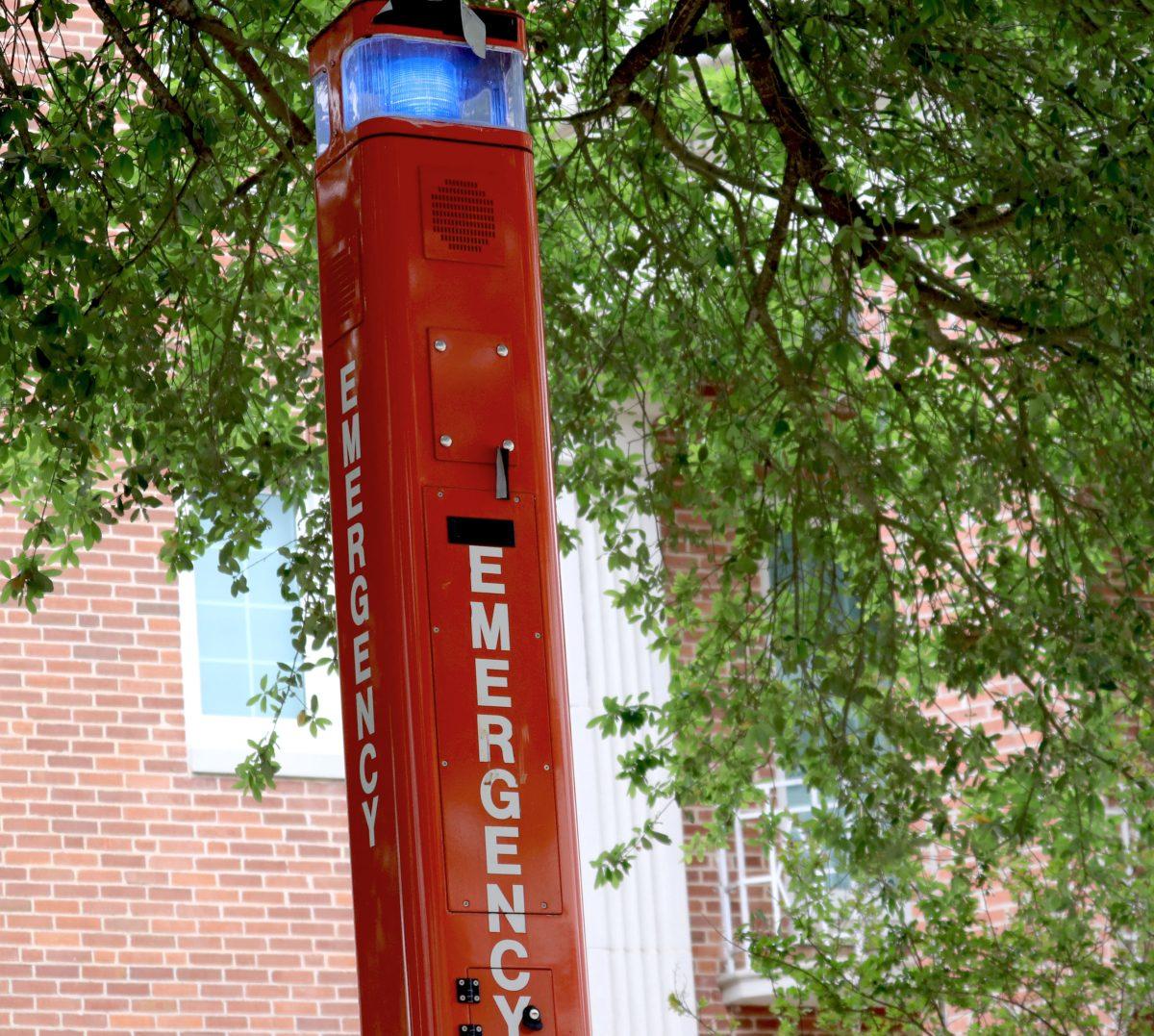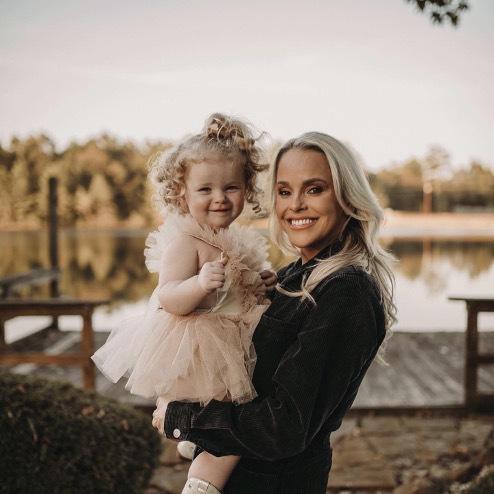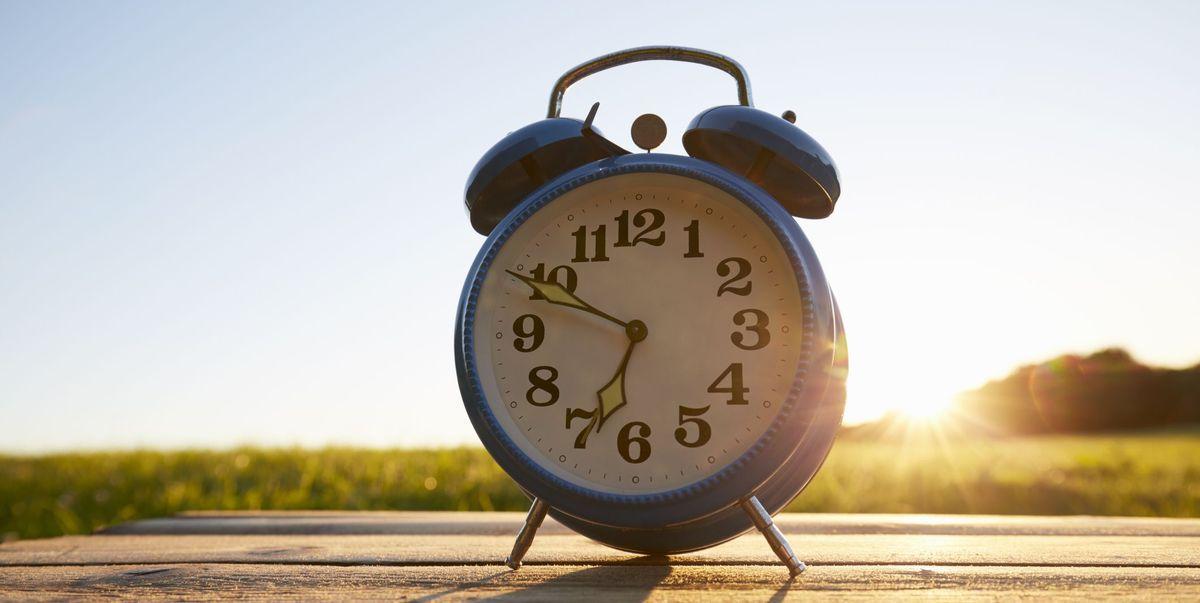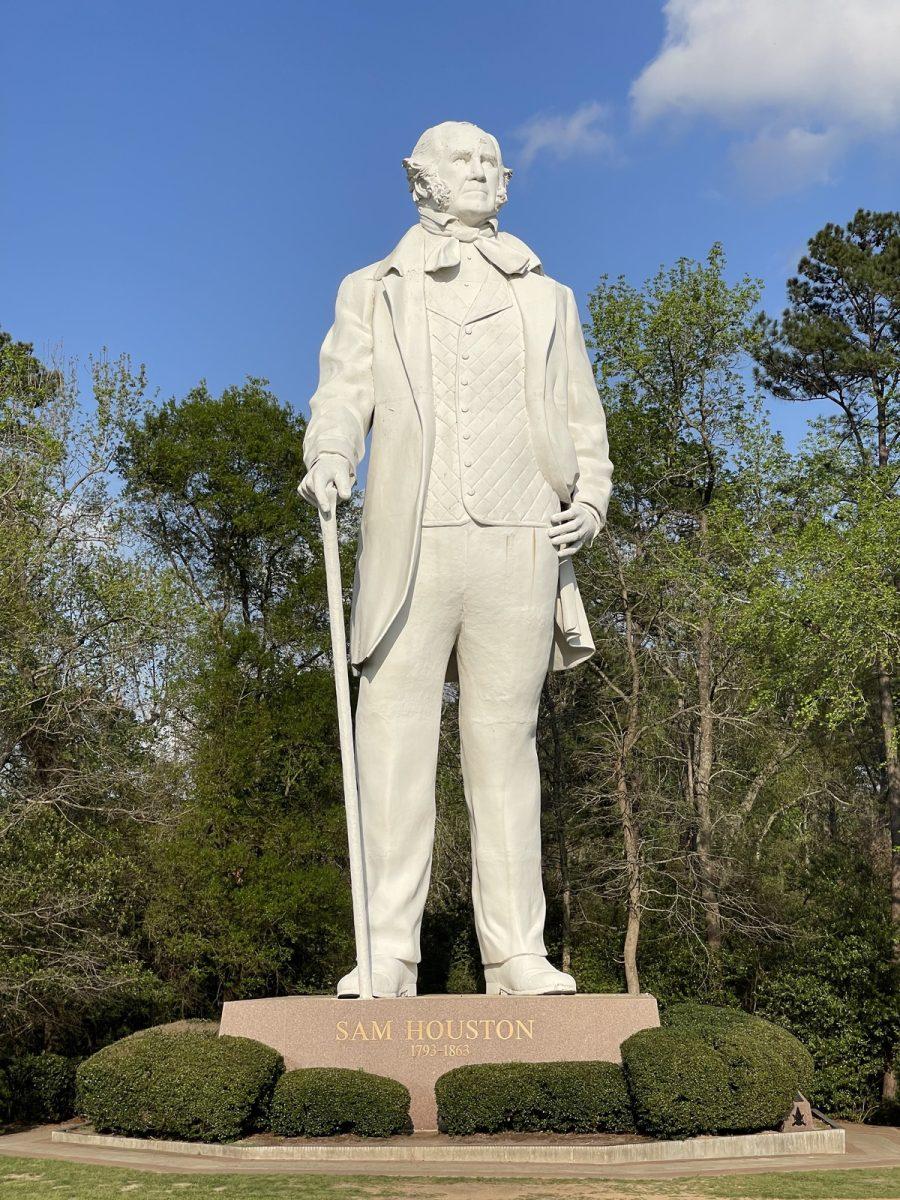The stories pop up in the news now and then, a mom is arrested for letting her son play at the playground a few blocks from home, another is arrested for letting kids play right outside while she watched, a dad arrested for letting his son walk home from the mall – a mile and a half away.
Danielle and Alexander Meitiv made national news in 2015 after their children, ages 6 and ten at the time, were essentially kidnapped by Children’s Protective Services (CPS). The children were held for several hours before their parents were notified of their whereabouts. Why? Because the Meitivs had committed the shocking crime of allowing their children to walk around their own neighborhood. It has happened to the family more than once. Danielle Meitiv told The Washingtonian that, as a result of their experiences, “[The children] feel less safe around police. My daughter didn’t want to walk to the school bus because she was afraid of CPS.”
These cases are not unusual and, Danielle Meitiv pointed out that many similar stories come from poor families or parents of color or both, and that those cases don’t get the same kind of media attention as their own situation did.
Lenore Skenazy, who is widely credited with beginning the ‘free-range kids’ movement, became infamous in 2008 as “the world’s worst mom” when she wrote about letting her nine-year-old son Izzy ride the New York City subway alone. “Free-range parenting is a rejection of the idea that kids can’t do anything on their own,” Skenazy told John Stossel on Reason.com. “Free-range kids are kids we believe in. They can do things on their own.”
The parents of free-range kids say that their children learn social skills, how to work together, and how to solve problems. They believe this makes their kids much smarter and safer than they would be if they were kept under constant supervision. Freedom also helps kids learn self-reliance and resilience, qualities that will serve them for a lifetime, and make them better adults.
The kids have a lot to say on the subject, too. They talked to Stossel about earning the trust of their parents, about being able to be more helpful to their families – such as walking a couple of blocks to pick up the dry cleaning, about gaining confidence in themselves. One child pointed out that it’s hard to get lost when you know where everything is.
The downside? The kids say adults act weird when they see kids out without adults controlling them.
The first line of criticism of free-range parenting usually follows a specific narrative. First the critic points out that there are, in fact, bad people out there, and follows by citing a specific horrific case. Then they swoop in to close the deal by asking if you want to take that risk with your own child.
Skenazy likes to pound home that there’s a lot of money in scaring parents, and gives numerous examples of gadgets and gimmicks designed to cash in on that fear, including kits to make an impression of a child’s teeth ‘for identification purposes’ and GPS tracking units that can be locked on to a child’s arm.
Many criticisms appear to be based in the general idea that ‘less supervision’ means ‘no supervision,’ that letting kids range more widely from their parents means cutting them loose and giving up on parenting altogether, or that the choice to raise kids in a free-range way is an ideological or political choice. That’s quite to the contrary, though.
Free-range parenting is a choice that is not made without a great deal of thought and preparation, and no self-respecting parent would send their child out into the world without first teaching them some basic things about the real world. These parents see theirs as the responsible choice, the choice that is in the best interest of the child, and one that gives them the greatest opportunity to gain the strength, problem-solving skills and confidence to step out into the world ready to handle whatever it throws at them.
Just how unsafe are free range kids?
The Christian Science Monitor cited data indicating that child mortality has been cut almost in half in the US since 1990, that missing persons reports are down by over a third since 1997, and the odds of a child being struck by a car fell by almost half between 2003 and 2012.
The Washington Post’s Christopher Ingraham wrote, “Kids are dying less. They’re being killed less. They’re getting hit by cars less. And they’re going missing less frequently, too. The likelihood of any of these scenarios is both historically low and infinitesimally small.”
If you’re concerned about risk, don’t put your kid in a car, or let them around a swimming pool. There’s more risk, say free range parents, in not raising children to be independent, to learn to problem-solve, to figure things out on their own.
“Parents fear when you give children freedom that they won’t make good choices, but kids actually make better choices when you give them more freedom,” said Amy Graff, who writes the Mommy Files blog for the San Francisco Chronicle.
Sen. Mike Lee (R-Utah) added an amendment to the Every Student Succeeds Act signed by President Obama in 2015 that supports free-ranging kids. “Unsupervised moments are a huge part of how children learn, grow, and build the skills that prepare them for the rigors of citizenship and the adventure of adult life. America faces great challenges today. Kids walking to school with their parents’ permission is not one of them,” he said.
“What children need is a balance between permissiveness to explore the world and limits to contain the world. We know it’s a continuum. You want to be in the middle, depending on the parents, the kids, the parents’ style and needs,” Ruth Paris, a professor at Boston University’s School of Social Work, told the Boston Globe.
Conclusions?
“Freedom and responsibility go together,” Danielle Meitiv added. “They get responsibility because we give them chances to stretch and grow. That’s how you learn.”
When asked about any changes their family has made in how they let their children go out, Danielle Meitiv said, “The kids have a cell phone, not for their safety but so the police don’t do that again. We have a code for if the police stop them. Because the police wouldn’t call us.”






drmom5 • Mar 25, 2017 at 8:09 am
It’s good they don’t trust police anymore, actually.
drmom5 • Mar 25, 2017 at 8:09 am
It’s good they don’t trust police anymore, actually.
drmom5 • Mar 25, 2017 at 8:09 am
It’s good they don’t trust police anymore, actually.
drmom5 • Mar 25, 2017 at 8:09 am
It’s good they don’t trust police anymore, actually.